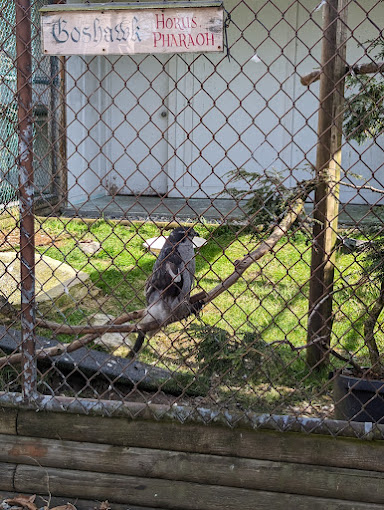The Links at Hampton Cove
January 6, 2019Tsawwassen Springs
January 6, 2019Vancouver Landfill is a municipal solid waste disposal facility that serves more than 900,000 people. Its catchment area includes the City of Vancouver, Delta, Surrey, and part of the University of B.C. Endowments lands. In 2003, the landfill received 450,000 tonnes of municipal solid waste (MSW).
The land fill operates until 2037, with a 225-hectare capacity. It was opened in 1966, and is a part of the Greater Vancouver Regional District disposal system. Metro Vancouver and Delta have an operating agreement that covers the future of the land fill. Currently, the landfill receives over 400,000 tonnes of MSW annually.
Currently, the landfill produces 30 million cubic metres of landfill gas per year. The gas is collected and used to reduce greenhouse gas emissions. Some of the gas is burned to control odour, and some of it is sold to FortisBC for network distribution. This project will expand the current system to capture more landfill gases.
As a result of the expansion, a landfill gas collection system will be installed, including collectors, wells, and piping. The collection system is expected to cost approximately $1,750,000. Golder Associates Ltd., an engineering firm, was selected to design and manage the project. They will be paid $143,955 plus GST.
Currently, the landfill’s gas collection system is limited to 84 hectares of the site. In addition to collecting the waste gas, the original system included 190 vertical collection wells, an automated shut-down system, and a monitoring system to monitor flare operating temperatures and LFG content. However, most of the equipment has been decommissioned.
According to the report, the landfill’s gas can be used for beneficial purposes such as power generation and greenhouse heating. Maxim Energy Group Ltd., a Canadian corporation, is proposing to use the landfill gas collected by the City in a simple cycle electricity generating system. Depending on how the system is operated, the City would receive a portion of the revenue for the use of heat and electricity. The revenues generated by the project would reduce the total cost of operating the landfill, as well as offer opportunities for the recovery of carbon dioxide.
The project will reduce greenhouse gas emissions by up to 30,000 tonnes of CO2 equivalents each year. Additionally, it will also help lower non-renewable energy consumption. Because of the reduction in emissions, the project will help to create more jobs, provide cleaner air, and lead to stronger communities.
Using the energy from landfills will help to offset the costs of the expansion of the landfill gas collection system, as well as the cost of the new control system. In turn, the new control system will enable the collection of more landfill gas, which can be sold for refining into renewable natural gas. This will further reduce the amount of gas leaking into the environment. Ultimately, the Vancouver Landfill project is expected to lower greenhouse gas emissions by 485,000 tonnes of CO2 equivalent over the next decade.



